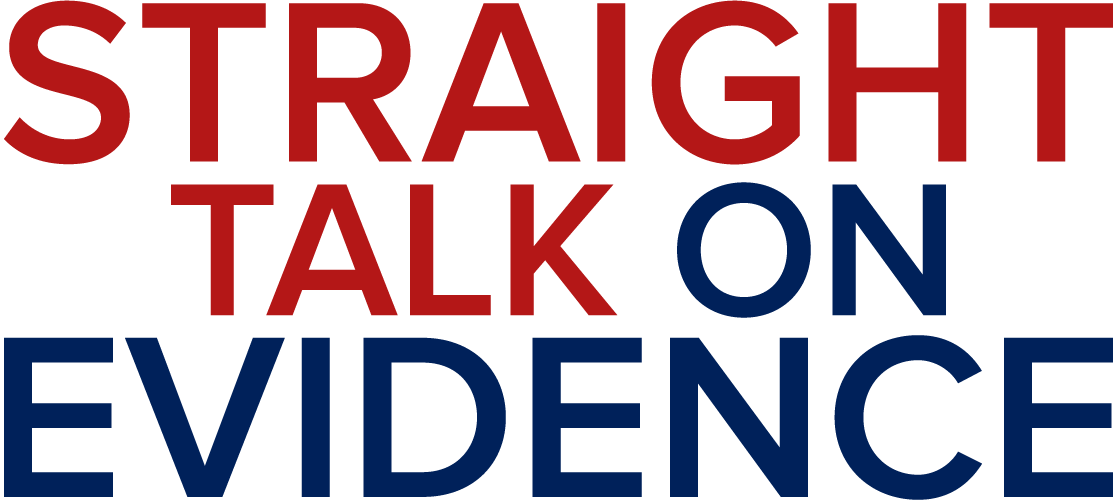COVID’s hydroxychloroquine lesson applies to social policy, too
Recent randomized controlled trials (RCTs) refute the claim that hydroxychloroquine is a viable medical intervention for COVID-19, and show that policymakers erred in touting its effectiveness based on less rigorous studies. The lesson? It’s critical to build and...Key Findings Misreported in Federal Evaluation of HHS Program for Low-Income Families
Highlights: We discuss recent findings of a randomized controlled trial (RCT) of the federal Assets for Independence (AFI) program, designed to help low-income families increase savings so as to build asset ownership (e.g., ownership of a home or business, or...Why most non-RCT program evaluation findings are unreliable (and a way to improve them)
Highlights: Well-conducted randomized controlled trials (RCTs) are considered the strongest method of evaluating a program’s effectiveness. But, for some programs, RCT evidence may not be available. In these cases, policy officials often look to...Initial findings on “what works” from the 75+ randomized controlled trials funded by Arnold Ventures’ Evidence-Based Policy initiative
Highlights: Since 2015, Arnold Ventures’ Evidence-Based Policy initiative has funded more than 75 randomized controlled trials (RCTs), totaling about $50 million, to evaluate a wide range of social programs. Well-conducted RCTs are widely considered the strongest...Beware the pitfalls of short-term program effects: They often fade
Highlights: For many social programs, it is important from a policy perspective to know not just whether the program produces positive effects in the short term, but whether the effects endure long enough to constitute a meaningful improvement in participants’ lives....Showing 6 of 11 Reviews
